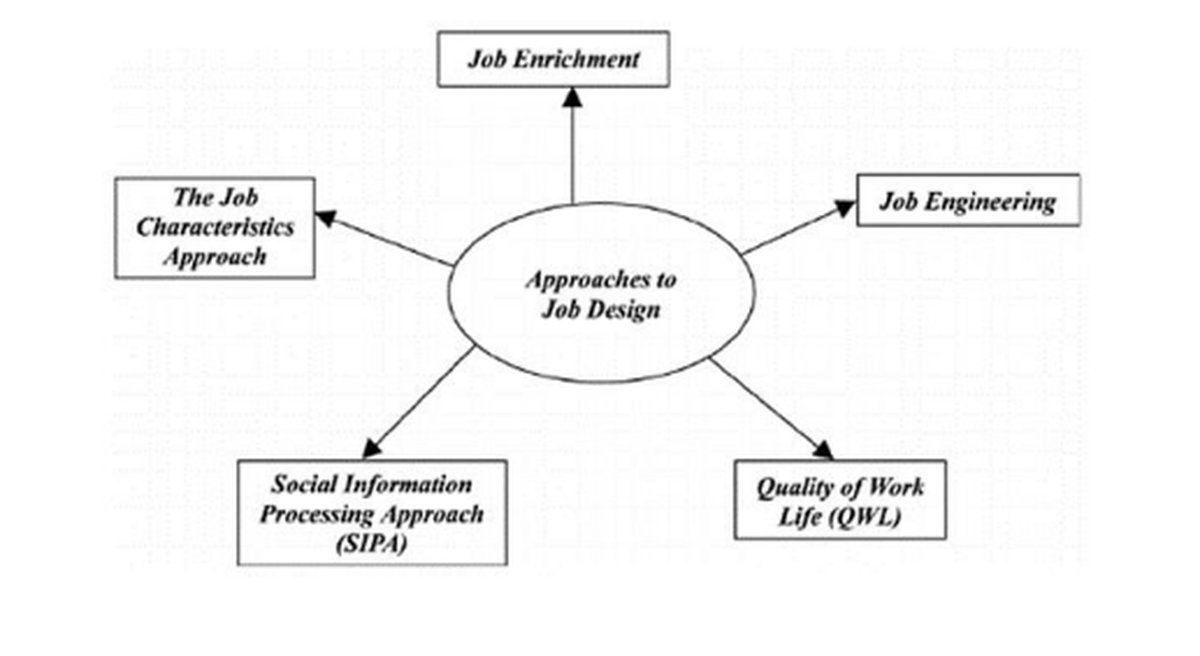Explore cutting-edge research and insights by investmetrics experts.

Haji Musa Mnasi; Begarving Arthur; Habibu Omari;
Aim: The study aimed to investigate factors contributing to the success of specific ethnic entrepreneurs over others and to identify challenges hindering the growth of businesses owned by women, ethnic groups, and minorities.
Methodology: The study employed a mix of positivism and interpretivism philosophy and utilized a descriptive survey design employing a cross-sectional method to gather and analyze data. The objectives and purpose of the study influence the decision toward the selection of research design, it is necessary to select a research design that matches the problem studied. Data were collected from sample comprised 30 respondents selected randomly from three distinct groups: women entrepreneurs, ethnic entrepreneurs, and minority entrepreneurs within Dar es salaam, using simple randomly sampling technique. The study employed in-depth interview to collect information from entrepreneurs’ women entrepreneurs, ethnic entrepreneurs, and minority entrepreneurs situated in various locations in Dar-es-Salaam. Data analysis was conducted using the content analysis method, where gathered data were coded, aligned according to discernible patterns, quantified and transformed into numerical values.
Findings: The study found various factors contributing to the success of confident ethnic entrepreneurs, including motivations, opportunity structure, group characteristics, predisposing factors, and customer relationships. Challenges hindering women and minority-owned businesses included social-cultural barriers, financial constraints, and market accessibility challenges. Based on the study's findings, recommendations were made, including launching a nationwide campaign to address negative mindsets about women in business, developing specialized financial schemes for small businesses, and advocating for support groups and entrepreneurship clubs to tackle market challenges collectively.


Haji Musa Mnasi; Habibu Omari;
Aim: This study aimed to focus on discussing involvement of several techniques that used in job design which are job rotation, job enlargement, job enrichment, employee’s empowerment, and autonomy toward performance of manufacturing sectors as well focusing on discussing job design and ergonomic effect on employee performances in Tanzania
Methodology: The study adopted investigative philosophy (Antipositivism) that advocate qualitative data methods; the cross-sectional survey design was used to measure variables relationship through reviewed of published literatures as well as asking collect information from key informants. The study focus was company’s operating on services sector that located in Dar es Salaam and Mbeya Cities. 20 past literatures were reviewed together with 9 key informant employees from services offered companies in study areas. The study adopted content analysis for analyzing data collected using interview technique integrated with Preferred Reporting for Systematic Reviews and Meta-Analysis extension for Scoping Review (PRISMA-Scr) to analyses previous literatures.
Findings: From the study results, there were significant relationship between job design techniques and employee motivation that lead to performance of services sector companies. This means there necessary to construct job design that promote employee performances. Also, in adaptation of job design the organization should consider improvement of workplace environment and office design overall to facilitate safety and health workplace relationship. Recommendations: The study recommendations to the companies are to reconsidered human factors when developing job structure to ensure physical, cognitive ergonomics, and organizational ergonomics are incorporated within job framework and reduce mental and physical problem related to working environment.

